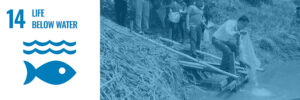2023 – Reports | SDG 16 – Peace, Justice and Strong Institutions

Isabela State University (ISU) has long been recognized as a leading institution not only in education but also in promoting transparency, justice, and strong institutions. Through its various programs and initiatives, ISU remains steadfast in its commitment to empowering communities, fostering good governance, and instilling values that contribute to sustainable development. At the core of these efforts is the university’s unwavering dedication to serving the underserved, fostering inclusive governance, and promoting accountability.
University Governance Measures
ISU has built a platform for student leadership and participation through its Supreme Student Council (SSC). The newly elected SSC officers, representing the student body across all campuses, recently took their oaths, signaling the start of a new chapter of student representation at ISU. This active engagement of students in governance reflects the university’s belief in the importance of youth participation in shaping policies and ensuring that the voices of the next generation are heard. Through this initiative, ISU promotes a culture of transparency, responsibility, and collaboration among its students—values that are essential in building a just and peaceful society.
Another cornerstone of ISU’s mission is its extension services, which go beyond mere community aid to empower the most marginalized sectors. ISU’s approach to community service is rooted in a philosophy of inclusivity, volunteerism, and collaboration. Faculty, staff, and students are encouraged to volunteer their time and skills, creating a culture of shared responsibility. This spirit of volunteerism, combined with strategic partnerships with local government units (LGUs), non-government organizations (NGOs), and the private sector, ensures that ISU’s programs are impactful and sustainable.
What sets ISU apart is its problem-oriented, need-based approach to extension services. The university tailors its programs to address specific challenges within communities, ensuring that the solutions are practical, relevant, and effective. By involving the community in every stage of the process—from problem identification to solution implementation—ISU ensures that these interventions are owned by the people, empowering them to take charge of their development. This participatory, bottom-up approach reflects ISU’s belief that communities are best served when they are active participants in shaping their own future.
Youth empowerment is another area where ISU is making significant strides. Through the Puso at Talino Academy, the university recognizes the vital role of youth leaders in nation-building. Platforms like the Sangguniang Kabataan (SK) and the Supreme Secondary Learner Government (SSLG) provide avenues for the youth to express their views, formulate policies, and implement programs that affect their communities. The Academy’s capacity-building programs equip youth leaders with the skills needed for effective governance, ensuring that they are well-prepared to lead at the barangay level and beyond. These efforts not only strengthen local governance but also instill in the youth a sense of civic duty and social responsibility, empowering them to be catalysts for change in their communities.
ISU also embeds its commitment to ethical governance in its Student Manual, which integrates principles of anti-corruption and anti-bribery. This move reflects the university’s proactive stance in promoting transparency and accountability within the institution. By instilling these values in students, ISU ensures that its graduates enter the professional world with a deep understanding of integrity and ethical behavior, critical components for building strong institutions.
In the field of legal education, ISU’s College of Criminal Justice Education (CCJE) plays an important role in enhancing community safety and justice. The university’s partnership with local barangay officials, health workers, and public safety officers to educate them on the Juvenile Justice and Welfare Act exemplifies its commitment to promoting justice and protecting vulnerable populations. This collaboration strengthens the ability of local institutions to uphold the law, especially when it comes to protecting the rights of children and minors.
Working with the Government: the Isabela State University’s role in the Whole-of-the-Government framework of the Philippine Government
On the technological front, ISU has shown remarkable innovation in addressing public health and disaster management challenges. The university’s development of HealthGuard PH—a health information system designed to improve contact tracing during the COVID-19 pandemic—illustrates how research-driven solutions can address real-world problems. HealthGuard PH enables health authorities to track and respond to health crises more effectively, while also empowering citizens to contribute to public health efforts through self-reporting.
Similarly, ISU’s ODeSSEE project (Optimization of Decision Support System for Effective e-Governance) enhances disaster management by providing local governments with data-driven tools to plan preemptive evacuations in flood-prone areas. This initiative reflects ISU’s ability to combine technological innovation with practical solutions, ensuring that local institutions are better equipped to manage both public health crises and natural disasters.
The culmination of ISU’s efforts is evident in its legal education programs. The recent graduation of 33 students from the College of Law is a testament to the university’s commitment to producing ethical and competent legal professionals. These graduates are not only equipped with academic excellence but also carry with them a deep sense of social responsibility, aligning with ISU’s goal of contributing to a just and humane society.
PROJECT ePOLICE: Empowering the Law Enforcement thru Digital Literacy
In response to the rising rate of cybercrime activity in the country, Project ePOLICE: “Empowered Police Officers through Literacy Improvement in Computer Education” was launched by a team of IT experts and specialists from ISU Angadanan Campus in 2021, with a strategic focus on bolstering the Information and Communication Technology (ICT) skills of police officers to combat such crimes.
Through a collaborative effort with PNP Angadanan and the 205th Maneuver Company, Regional Mobile Force Region 2, this initiative garnered swift acclaim, securing 1st Place in the 2023 Agency In-House Review and University Research and Extension Symposium (Echague Cluster Category) with the theme “Research for Development and Innovation (ReDI) Towards Sustainable and Equitable Future” held on November 20-21, 2023 at the ISU-E Climate Change R&D Facility.
Given the surge in cybercrime, the project aimed to equip PNP personnel with essential ICT skills, ensuring they remain adept in addressing the evolving nature of criminal activities in the digital landscape. Asst. Prof. Dr. Bulawit further explained that the primary objectives of this project were to assess the participants’ ICT literacy, conduct relevant training and seminars, and evaluate the effectiveness of these interventions.
Moreover, the project has been meticulously crafted to align with the aspirations of the Sustainable Development Goals (SDGs), specifically targeting SDG 4 (Quality Education), SDG 8 (Decent Work and Economic Growth), and SDG 16 (Peace, Justice, and Strong Institutions). By elevating the computer education literacy of police officers, the initiative further contributed to quality education, improved workforce efficiency, and strengthened law enforcement institutions through technological skills.
The findings of the project were documented in a research paper entitled “A Computer Education Literacy of Police Officers of Angadanan, Isabela: Basis for Computer Education Literacy Program” which was presented during the 2023 In-House Review as well as in the 1st International Multidisciplinary Research and Extension Conference, held at Basco, Batanes last Sept 19-22, 2023, earning recognition and copyright in October of 2022.
Beyond the accolades, the project’s sustainability plan further solidifies the team’s commitment to the SDGs, focusing on monitoring positive changes in job performance, socioeconomic status, and professional development of participants. The ongoing collaboration with partner organizations, including active involvement in the Company Advisory Council, ensures continuous support and consultation on ICT needs.
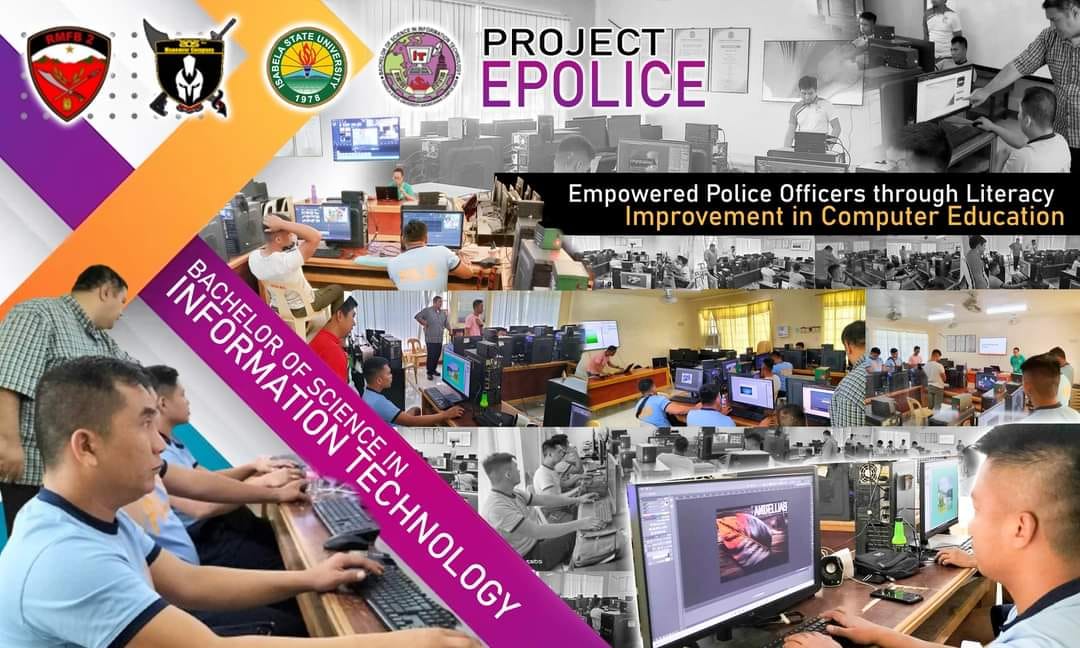
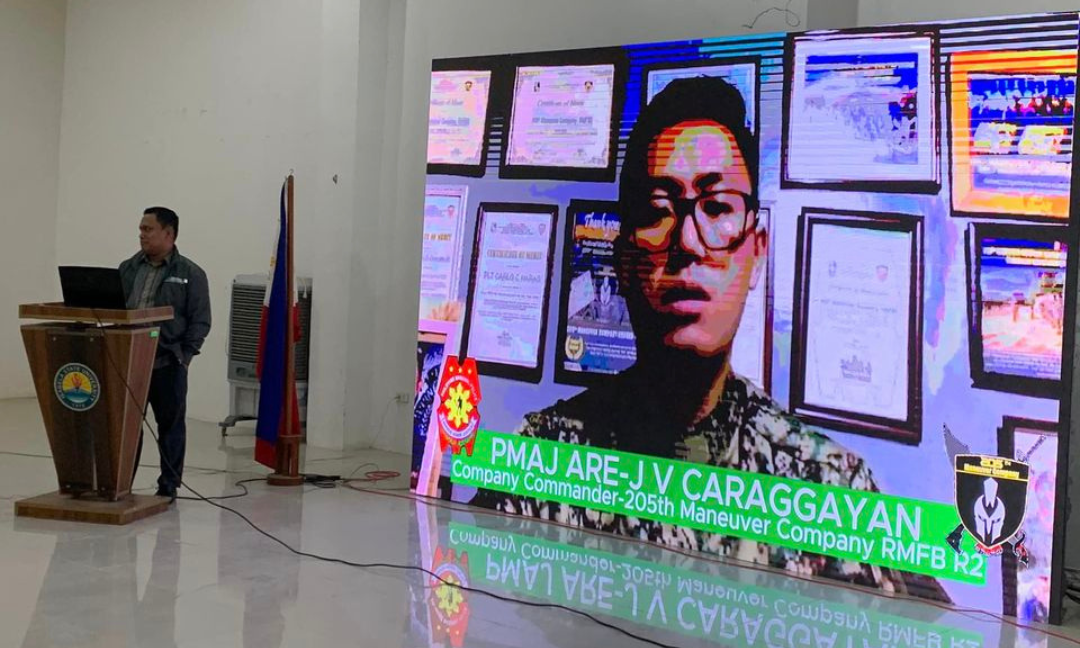
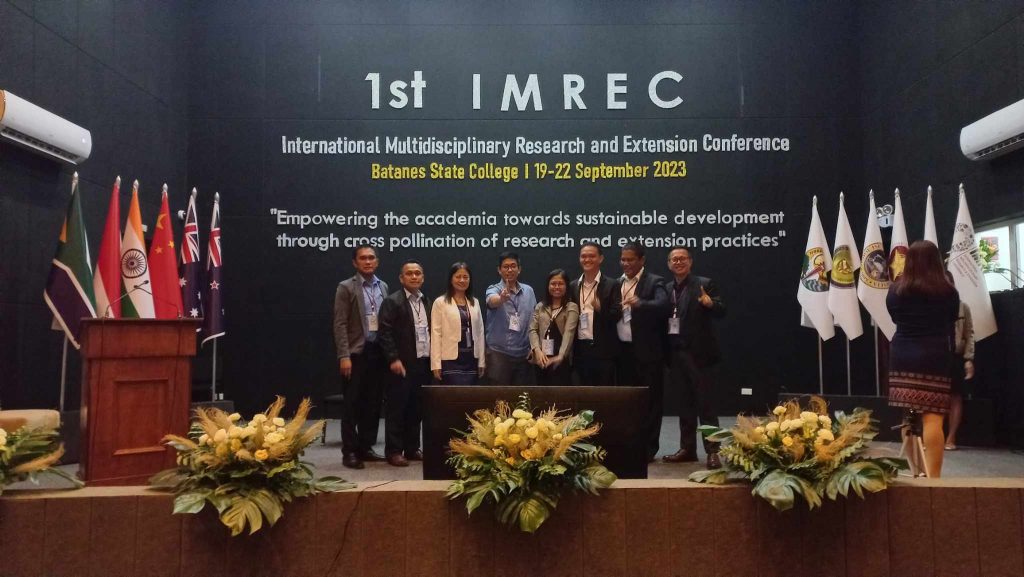
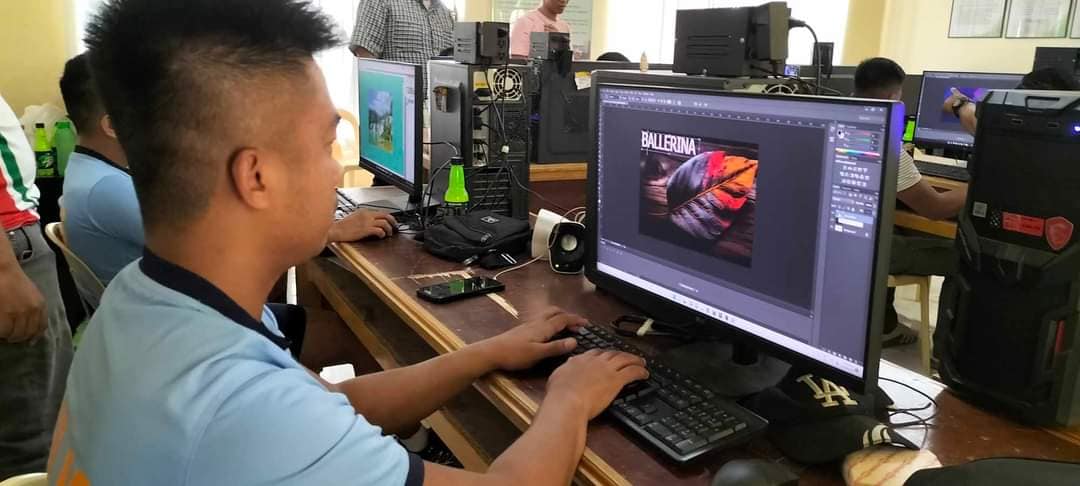
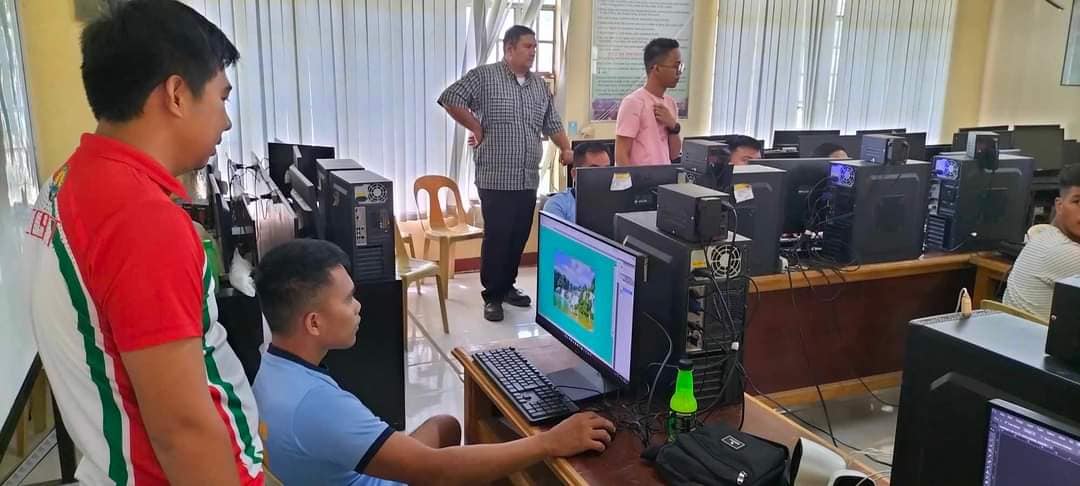
ISU towards Stronger Commitment to SDG 16
Isabela State University’s initiatives in student governance, community service, youth empowerment, legal education, and technological innovation reflect its steadfast commitment to peace, justice, and strong institutions. Through its research, partnerships, and engagement with various sectors of society, ISU continues to play a pivotal role in promoting transparency, accountability, and sustainable development. By empowering individuals and communities, ISU is building a future where justice and good governance are not just ideals, but realities for all.















